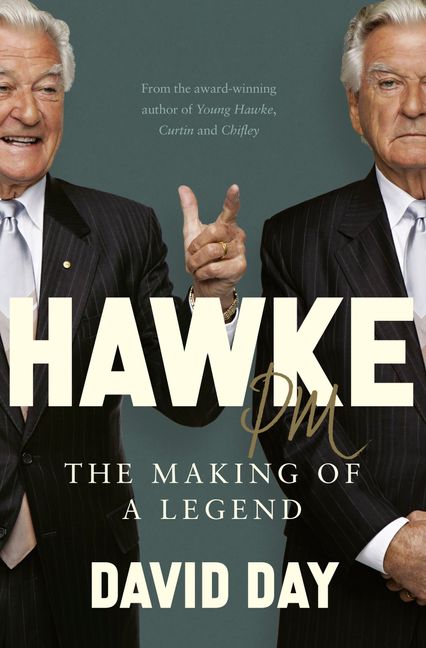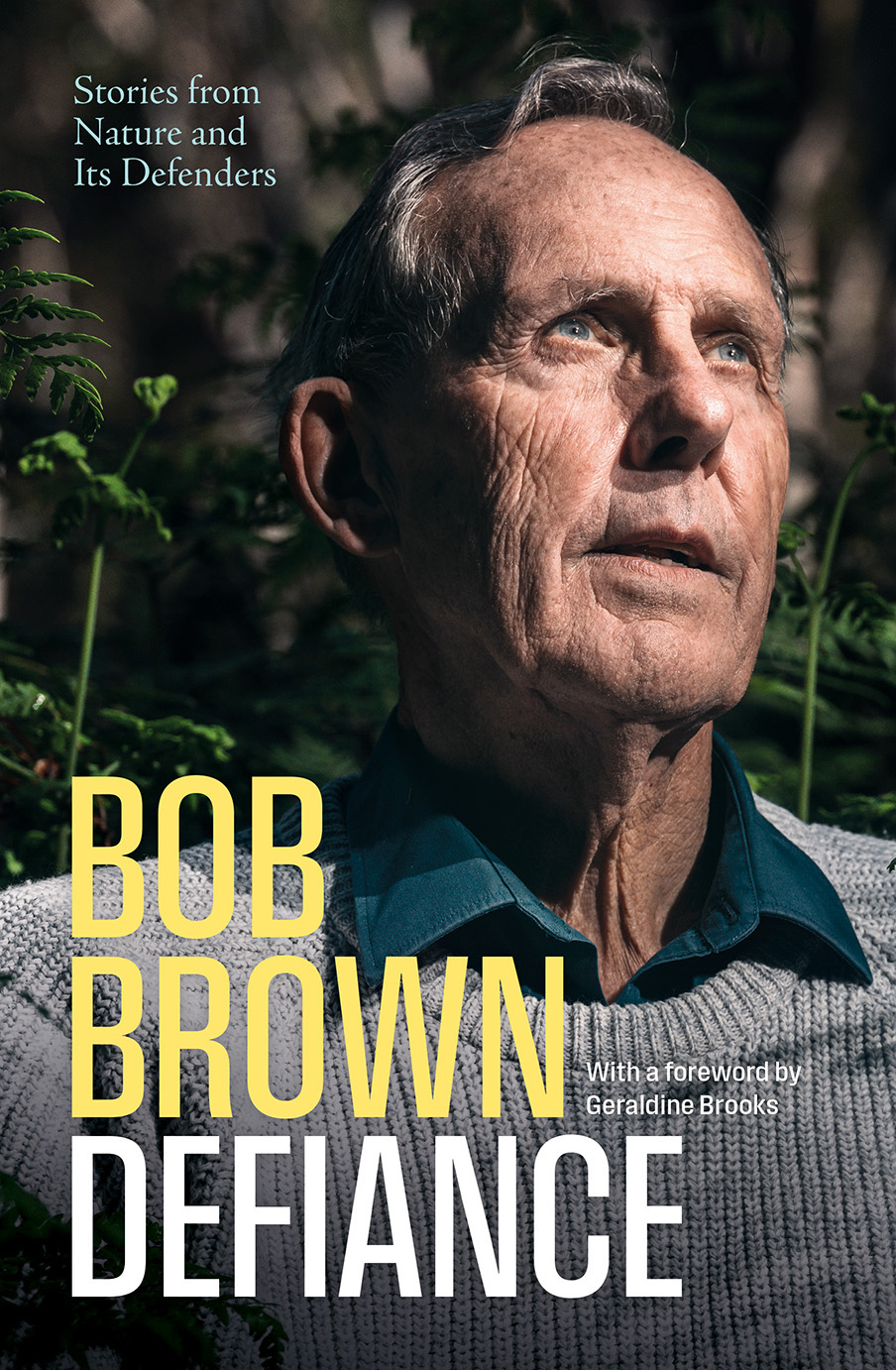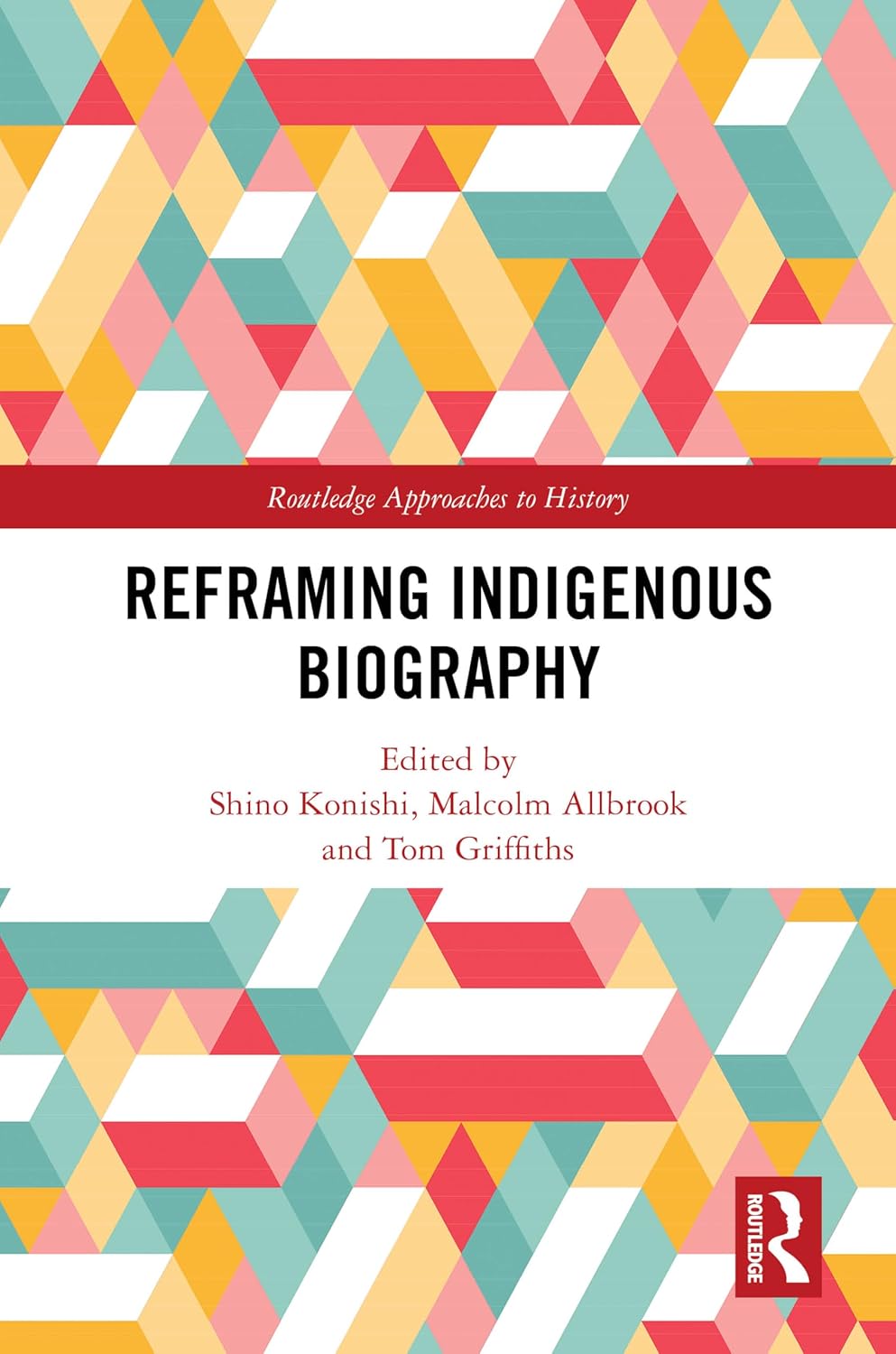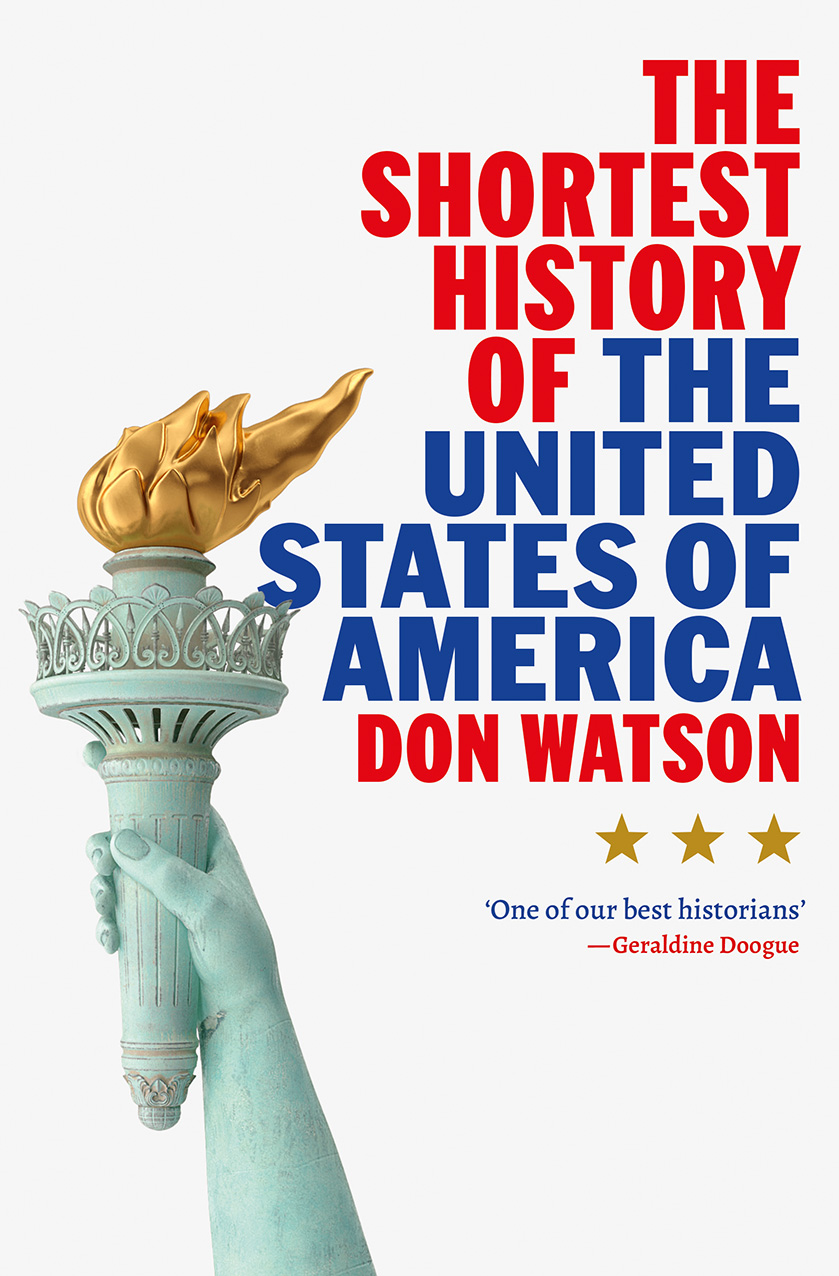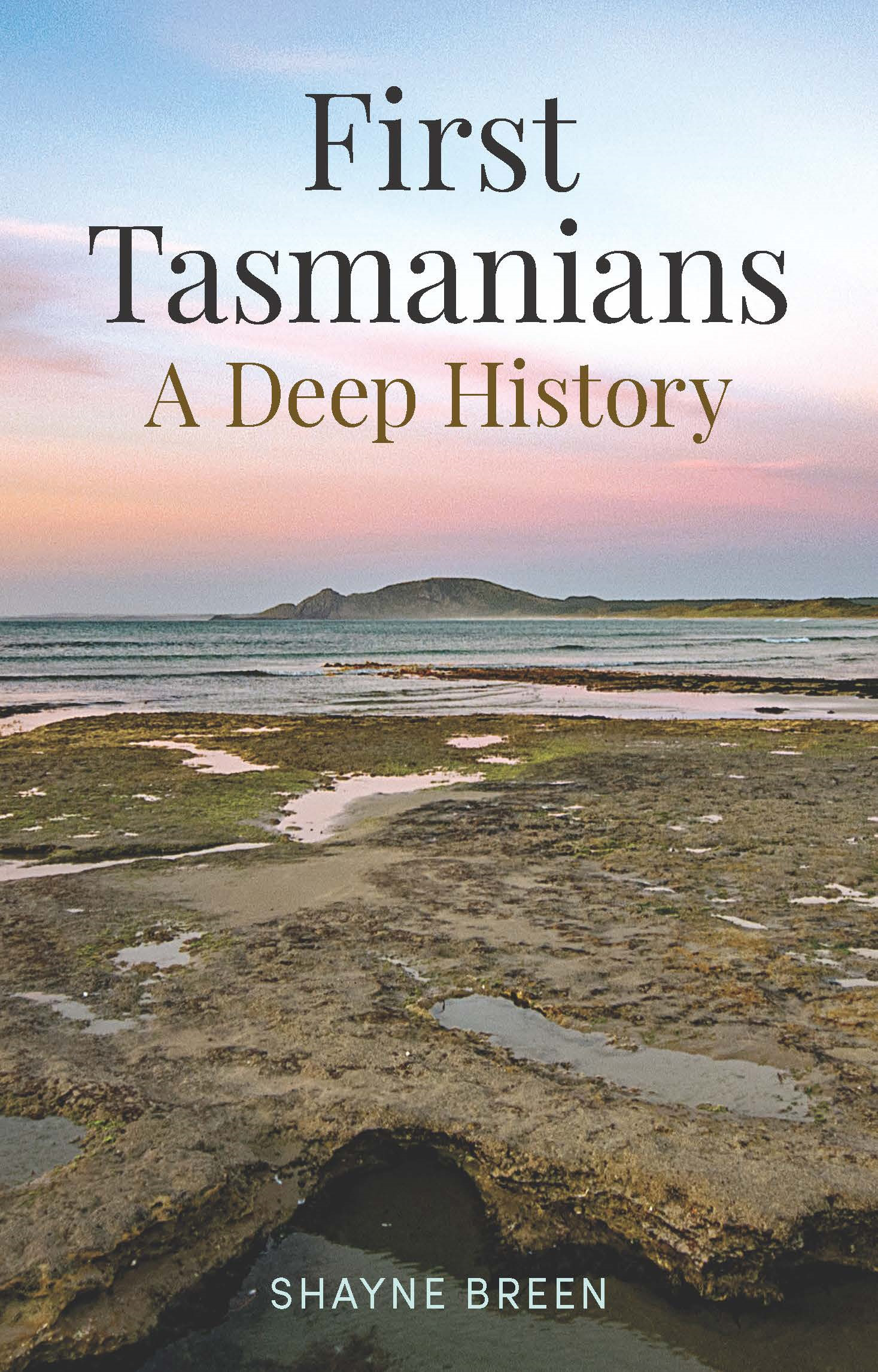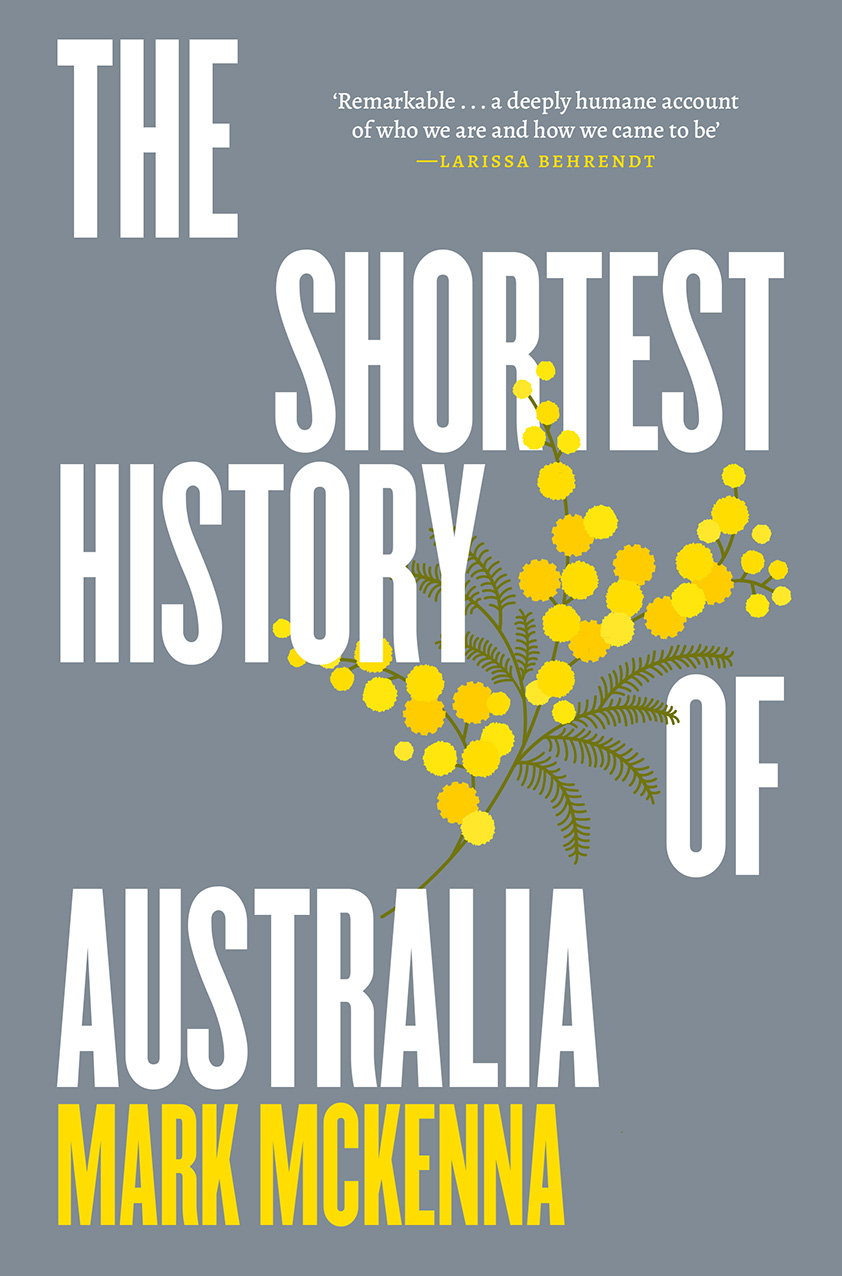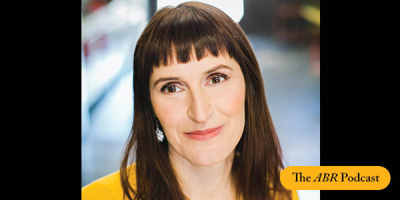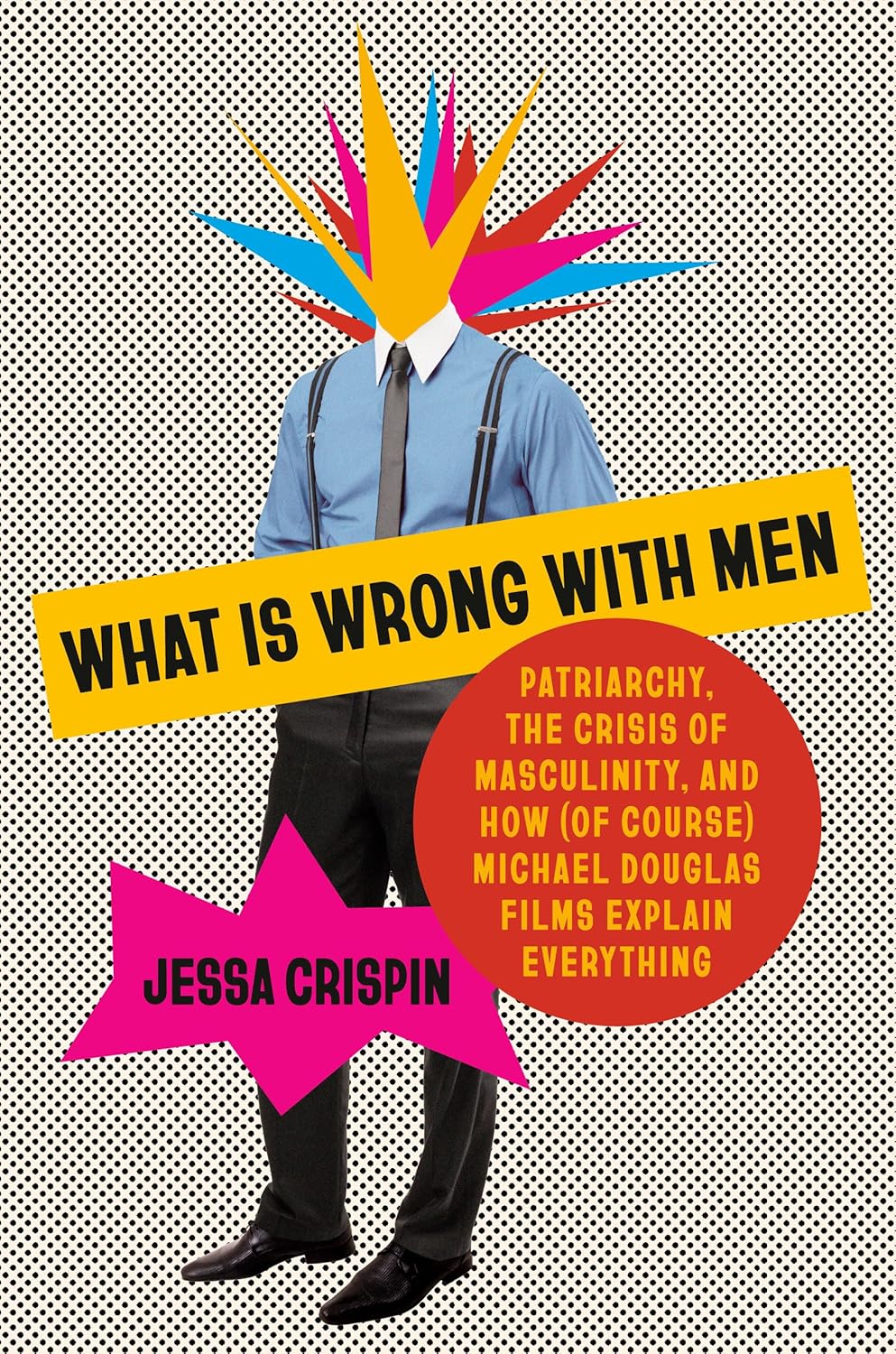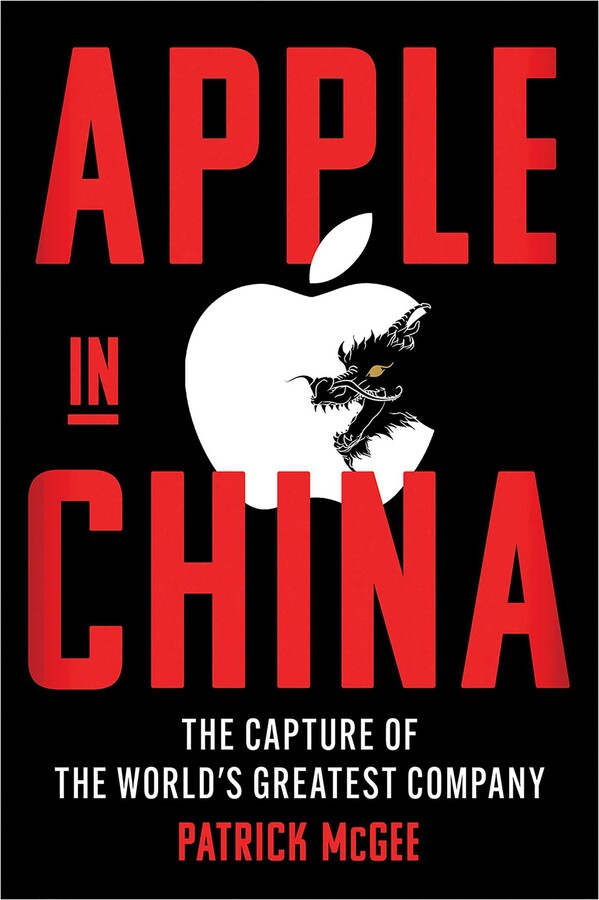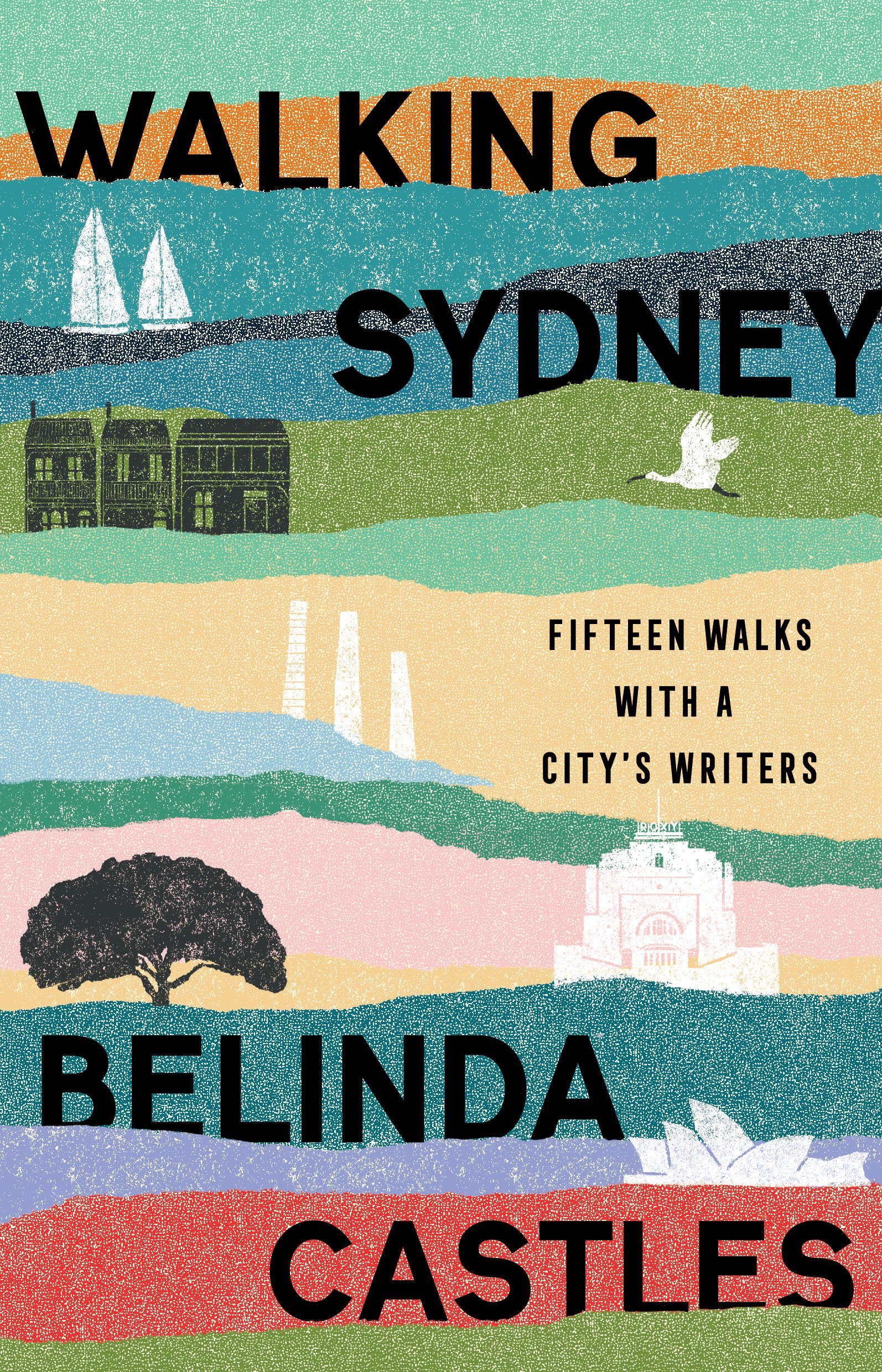Non Fiction
There is a fine tradition in Australia of two-volume prime ministerial biographies. John La Nauze on Alfred Deakin (1965), Laurie Fitzhardinge on Billy Hughes (1964, 1979), John Edwards on John Curtin (2017, 2018), Allan Martin on Robert Menzies (1993, 1999), Jenny Hocking on Gough Whitlam (2009, 2012): all are insightful and enduring accounts of significant figures who exerted deep influence on the country.
... (read more)Defiance: Stories from nature and its defenders by Bob Brown
In a dark age on a burning planet, radical hope is not an easy assignment, but every decade or thereabouts, Bob Brown invites Australians to give it a crack. His Memo for a Saner World (2004) was followed by Optimism (2014), and his new release, Defiance, opens as a redux of both, with the cinematic story of the environmental campaign that changed Australia’s political contours.
... (read more)Reframing Indigenous Biography edited by Shino Konishi, Malcolm Allbrook, and Tom Griffiths & Deep History edited by Ann McGrath and Jackie Huggins
The growth in understanding of the tens of thousands of years of this continent’s pre-colonial and post-colonial Aboriginal history has been one of the great intellectual achievements of postwar Australia. But if these two collections of essays are any guide, there are reasons to be gravely concerned about the future of this field of knowledge.
... (read more)The Shortest History of the United States of America by Don Watson
The latest in Don Watson’s intermittent series of books and essays about the United States – which now spans twenty-five years – finds him in a melancholy mood, though not quite ready to write off America.
... (read more)The genocide of the First Peoples of Tasmania, concentrated within a brief, sixty-year span from 1815-75, was an incalculable tragedy that destroyed a remarkably adaptable and ecologically sustainable group of nations who occupied the island for at least 40,000 years. The rapid destruction of Aboriginal Tasmania in a colonial environment that was rapacious and profoundly racist meant that there was next-to-nothing left that might allow us to understand how they saw themselves, or the nature of their social structures and customs, and the belief systems of their world. This is especially tragic for the descendants who have sought to affirm their Aboriginal identity in the face of the ignorance and self-satisfied indifference of the immigrant society.
... (read more)Mark McKenna’s The Shortest History of Australia is the latest offering in Black Inc.’s Shortest History series (now nearing twenty titles). Combining erudition and expertise with good writing and respect for readers, the books aim to be more than a primer or a simple precis of common knowledge. Rather, the challenge of length imposed by the publisher and heralded in the title is generative for the history told. In both the text and in ensuing publicity, authors explain and justify how they tackled the task.
... (read more)This week, on The ABR Podcast, Judith Bishop reviews Empire of AI: Inside the reckless race for total domination by Karen Hao and The AI Con: How to fight Big Tech’s hype and create the future we want by Emily M. Bender and Alex Hanna. Bishop seeks to cut through what she sees as prevailing ‘AI doomer/boomer ideologies’, where artificial intelligence is something that will either save us, or kill us.
... (read more)What Is Wrong with Men by Jessa Crispin & The Male Complaint by Simon James Copland
Although the tone of their commentaries differs, Jessa Crispin’s What Is Wrong with Men and Simon James Copland’s The Male Complaint are, more or less, examining the same thing: the workings of the patriarchy in general and what specifically has gone wrong, especially in recent times, with what Crispin refers to as ‘the tug of war’ between men and women.
... (read more)Apple in China: The capture of the world’s greatest company by Patrick McGee
Apple is one of the world’s largest companies. Its market value reached $3 trillion in January 2022, having grown by more than $700 million per day since August 2011 when Tim Cook took over as Chief Executive Officer after an ailing Steve Jobs resigned. Apple began with Jobs and Steve Wozniak ‘tinkering in a garage’. Iconic products followed including the Mac, the iMac, the iPod, the iPad and, most successful of all, the iPhone. An early slogan aimed to align Apple with ‘the crazy ones. The misfits. The rebels. The troublemakers.’ For a company experiencing huge growth, that image was often at odds with the day-to-day commercial reality.
... (read more)Walking Sydney: Fifteen walks with a city’s writers by Belinda Castles
During the walk she takes with Michelle de Kretser along the Cooks River, the bit that snakes between Hurlstone Park and Tempe, Belinda Castles, the author of Walking Sydney, muses on the impact of Sydney’s geography. ‘On the footpath-climb to skirt the golf course,’ she writes, ‘the village-like nature of Sydney makes itself felt, the way suburbs are enclosed and cut off by ridges and valleys, cliffs and rivers, the tentacles of the harbour. A city’s form has an effect on thinking and ways of being.’
... (read more)

